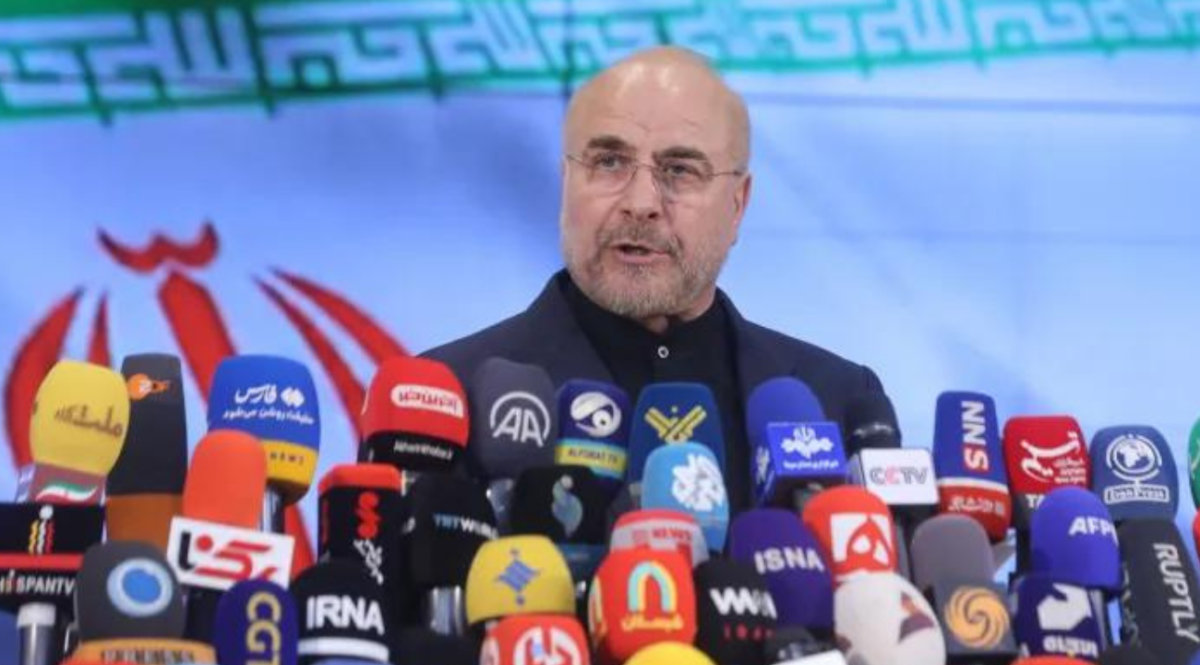Table of Contents
Conservative Leader Enters the Race
Mohammad Bagher Ghalibaf, the conservative speaker of Iran’s parliament, has declared his candidacy for the snap presidential election on June 28. Ghalibaf’s entry into the race is noteworthy, given his influential political career and previous presidential attempts in 2005 and 2013. In 2017, he withdrew in favor of Ebrahim Raisi, who finished second to Hassan Rouhani, securing Rouhani a second term.
The Election Background
The snap presidential election, initially scheduled for 2025, was moved up following the unexpected death of President Ebrahim Raisi on May 19. Raisi, along with seven members of his team, including Foreign Minister Hossein Amirabdollahian, died in a helicopter crash on a foggy mountainside in northern Iran. This tragic event created an urgent need for new leadership, resulting in a crowded field of candidates.
The Approval Process
Interior Minister Ahmad Vahidi announced that 80 candidates had submitted their applications by the end of the five-day registration period on Monday evening. These candidates now await approval from the Guardian Council, a conservative-dominated body of 12 jurists appointed or approved by Iran’s supreme leader. The Council is responsible for vetting all candidates, ensuring they meet the necessary qualifications and ideological criteria. The final list of approved candidates will be revealed on June 11. Those who pass the vetting process will have two weeks to campaign, present their manifestos, and participate in televised debates.
Ghalibaf’s Economic Promise
Upon registering his candidacy, Ghalibaf pledged to address Iran’s economic problems if elected. He emphasized his commitment to completing the economic reforms started in recent years, expressing his belief in the possibility of solving the country’s pressing issues. Ghalibaf stated that without his candidacy, the ongoing efforts to resolve Iran’s economic problems would remain unfinished. He expressed confidence in his ability to tackle these challenges, saying he would not have entered the race if he did not believe in the potential for positive change.
Ghalibaf, 62, has a distinguished career, having served as the mayor of Tehran from 2005 to 2017, a commander of the air force of the Islamic Revolutionary Guard Corps, and the chief of Iranian police forces. His extensive experience in government and military roles is expected to strengthen his campaign, appealing to voters seeking experienced leadership.
A Crowded Field
Other notable candidates include former President Mahmoud Ahmadinejad, moderate ex-parliament speaker Ali Larijani, and ultraconservative former nuclear negotiator Saeed Jalili. Ahmadinejad’s candidacy has garnered significant attention due to his controversial presidency from 2005 to 2013, making him a polarizing figure.
Experts suggest that Jalili’s chances may have decreased with Ghalibaf entering the race, as the conservative vote could now be divided. Additionally, Tehran Mayor Alireza Zakani is expected to withdraw in Ghalibaf’s favor, further consolidating the conservative bloc behind him. This strategic maneuvering indicates a concerted effort to present a united front against moderate and reformist candidates.
Criticisms and Challenges
Despite his high profile, Ghalibaf faces significant criticism. Critics argue that his tenure as Tehran’s mayor was marred by allegations of corruption and mismanagement, casting doubts on his integrity and leadership abilities. Critics also point to his hardline stance and ties to the Revolutionary Guard as potential obstacles to gaining widespread support, especially among moderate and reformist voters.
Some political analysts are skeptical about Ghalibaf’s ability to unite Iran’s divided political landscape and effectively address the country’s deep-seated economic issues. They argue that his conservative policies may not be enough to solve Iran’s complex problems, including international sanctions, inflation, and unemployment.
The Road Ahead
The upcoming weeks are crucial for Ghalibaf and his fellow candidates as they navigate the vetting process and begin their campaigns. The Guardian Council’s decisions will significantly shape the final list of contenders, influencing the election’s outcome and Iran’s future political and economic direction. As the candidates present their visions for the future, Iranian voters will closely examine their platforms, hoping for leadership that can guide the country through these challenging times.
———
